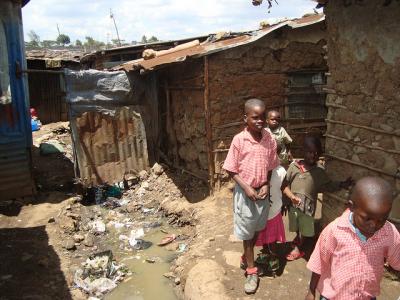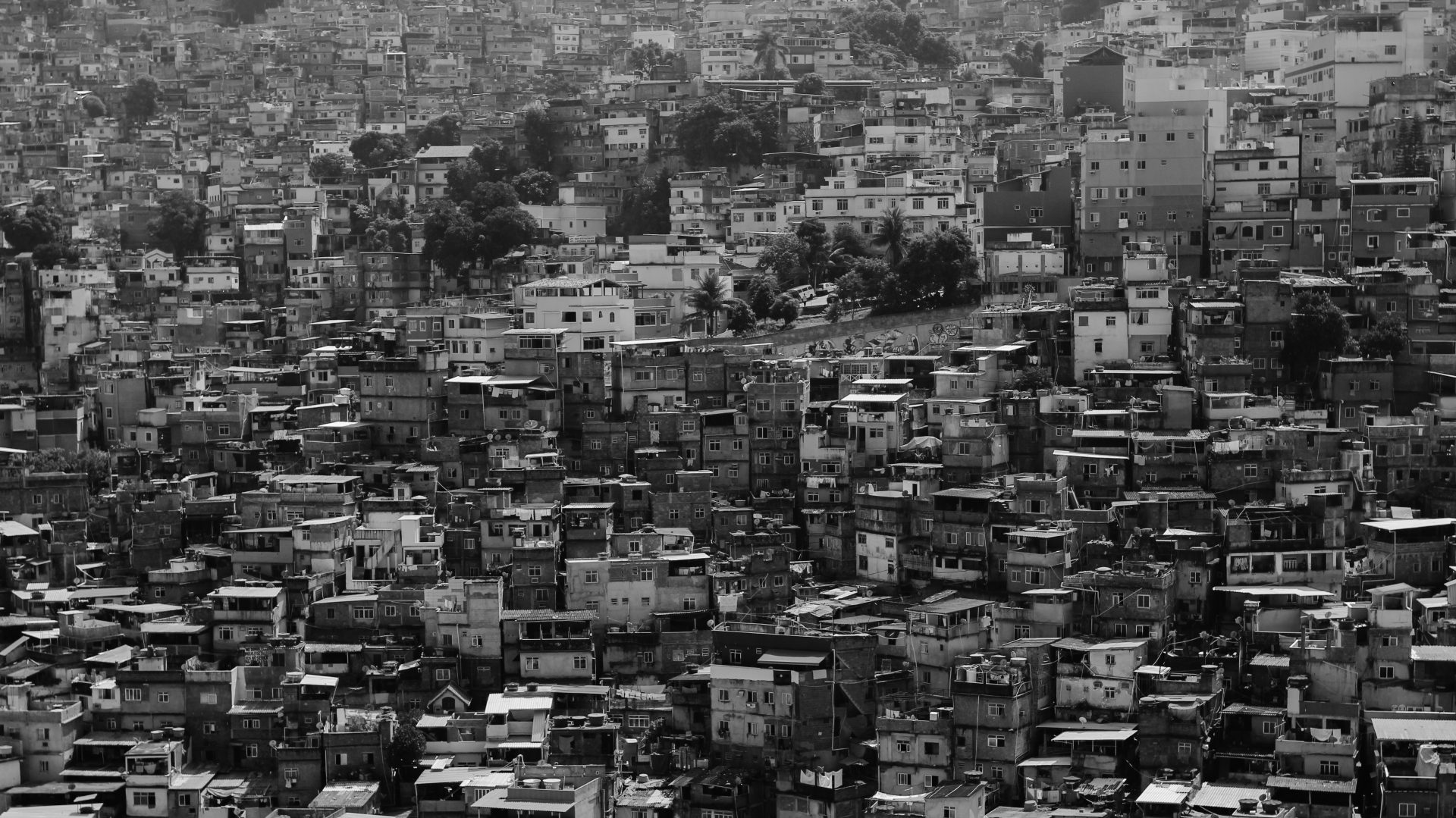In the face of failing sanitation systems, the residents of Mathare are taking matters into their own hands.

Nairobi, Kenya:
A group is gathered around a leaking sewage system, armed with long wooden sticks, spades and rakes. Some wear protective gloves and gumboots, but many do not. Inserting long sticks inside the leaking sewer, they dislodge the papers, garbage and debris blocking it, whilst others move to remove the detritus. It is slow and painstaking work.
This is a regular routine in Mathare, a large slum in Nairobi, Kenya, where lack of sanitation is one of the major problems facing the 600,000 inhabitants. The Kenyan government constructed public latrines here decades ago but the Nairobi City Council failed to maintain or clean them, leading to dilapidation. The slum’s citizens therefore took the maintenance of the latrines – each of which serves over 1,000 people every day – into their own hands.
“We know it’s the work of the Nairobi water and sewer company to unblock the sewerage infrastructure but if we wait for them, more people will die of diarrhoea because that company takes months to respond,” says Stephen Klhara, a 21-year-old nicknamed Igush. He says residents have been forced to volunteer once a month to unblock the sewer themselves.
Spending a penny
The residents have since agreed to privatise the latrines, due to the high cost of their maintenance. It costs five Kenyan Shillings (approximately $0.06) per entry and families qualify for a monthly ticket at KSh300 ($3.40).
“I open the toilet at around 5:30am and I clean it. At around 6:00am customers begin flocking in and the toilet is very busy until 9:00am,” says Peter Teresia Nderu, 33, one of the cleaners. Nderu makes around KSh4,000 a day (approximately $45) but faces a constant struggle as the inadequate water supply makes cleaning the latrines difficult.
Many residents cannot afford the new fees and therefore have to use “flying toilets” – so-called because people relieve themselves in a polythene bags and throw them away when no-one is watching – or use open defecation areas or pit latrines. While most of the pit latrines are arranged in channels so the waste flows down to the open river, they are often full so local youths are employed to empty them.
“In Mathare you can’t afford to choose the kind of you work you will do, at the end of the day you have to survive,” says one of the workers, who wished to remain anonymous. The group operates at night, using buckets to drain the waste and dump it in the river. They rarely wear protective gear.
Toilet troubles
Target 7 of the Millennium Development Goals aims to halve the proportion of the population without sustainable access to safe drinking water and basic sanitation by 2015. Yet Mathare is certainly not on track to achieve this and the health risks posed by unsafe latrines are manifold here.
According to Dr. Kennedy Otieno, a local doctor, three in ten of his patients suffer from diarrhoea, usually caused by the consumption of contaminated water or food. Most of the contaminated food comes from the roadside markets, which worsens during the rainy seasons. “In most cases, when the sewage system blocks, the waste scatters all over the area giving a chance for insects to quickly and easily contaminate the food nearby,” says Dr. Otieno. “Children are the most affected.”
Teresiah Nyambura has lived in Mathare since the early 1980s. A mother of four, she has suffered diarrhoea more than 20 times and her children’s health has been put at risk. “During the eighties the public toilets were in the worst condition. Whenever the sewers blocked, my house was full of foul smell and my kids often got sick. I had no other place to live and my kids had to deal with the situation. It always got worse when visitors came from upcountry. Most of them would get sick almost immediately.”
Some local organisations have formed partnerships to rehabilitate some of the dilapidated public toilets, in a bid to secure better sanitation. One organisation, Mathare Association has partnered with The Rotary Club, for example. By replacing leaking ceilings, putting doors on open toilets, installing water tanks and ensuring that the waste is properly channelled into the Nairobi Sewerage System, these groups are helping to improve living conditions for people in Mathare.
In light of the recent election of Uhuru Kenyatta in March 2013, residents have high hopes for the current government. Kenyans recently voted for a new constitution, which stated that more services and resources are to be allocated by county administration, rather than through the old centralised system. Mathare residents hope this will ensure that there are better toilets and safer sewage systems, but only time will tell.
This article was published in The Africa Press, on the 5 September 2013 – 12:00pm | By David Kariuki

